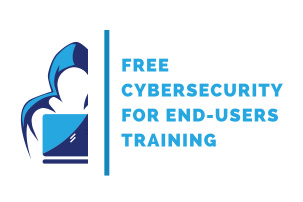
Licensed Penetration Tester (LPT) Master Bootcamp (EC6171)

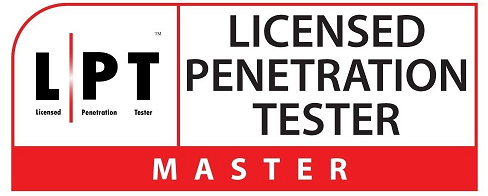
In the ever-evolving landscape of cybersecurity, staying ahead of malicious actors requires a deep understanding of offensive security techniques. The Licensed Penetration Tester (LPT) Master Bootcamp emerges as a pinnacle in ethical hacking and penetration testing training, providing seasoned cybersecurity professionals with advanced skills and strategies.
Our training roadmap is offering the most important topics to master in the domain of ethical hacking. All of it providing knowledge that is a direct preparation to the certification exam - an exam based on a practical and complex lab scenario, with an intrusion methodology aimed at demonstrating your rigourous experience in the multiple challenges presented. 18 hours are allowed to get through nine challenges, divided in three levels of difficulty.
During the training, conceived steps will provide a comprehensive knowledge on offensive security for the ultimate objective - help you achieve your exam and become a Licensed Penetration Tester (LPT) Master!
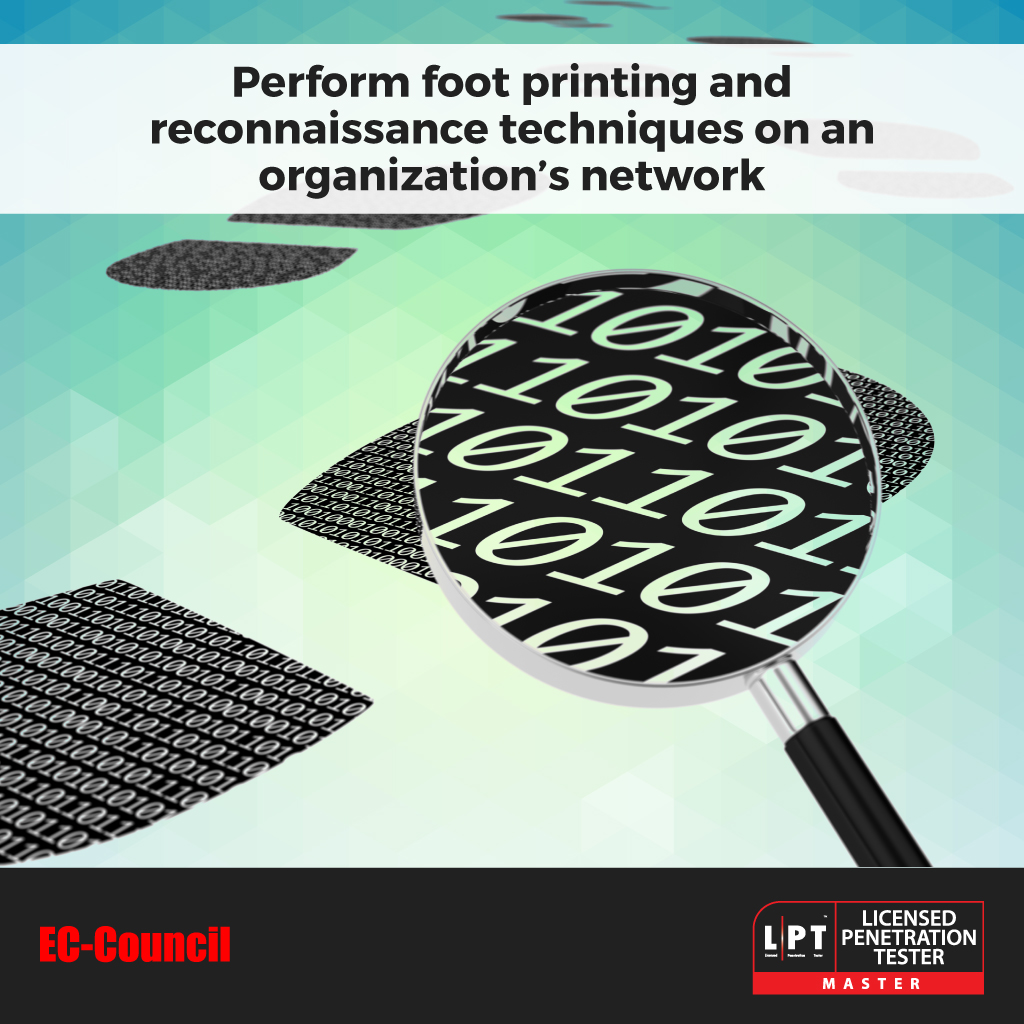
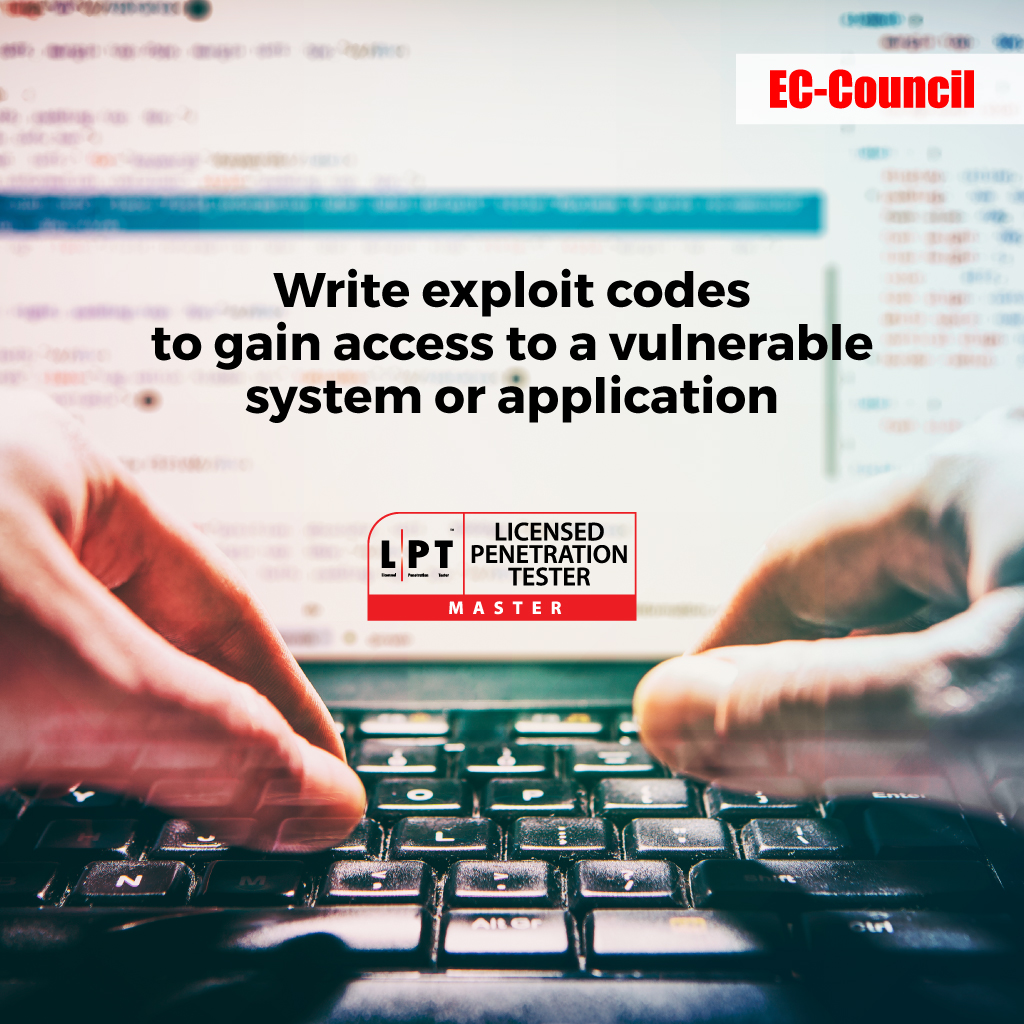

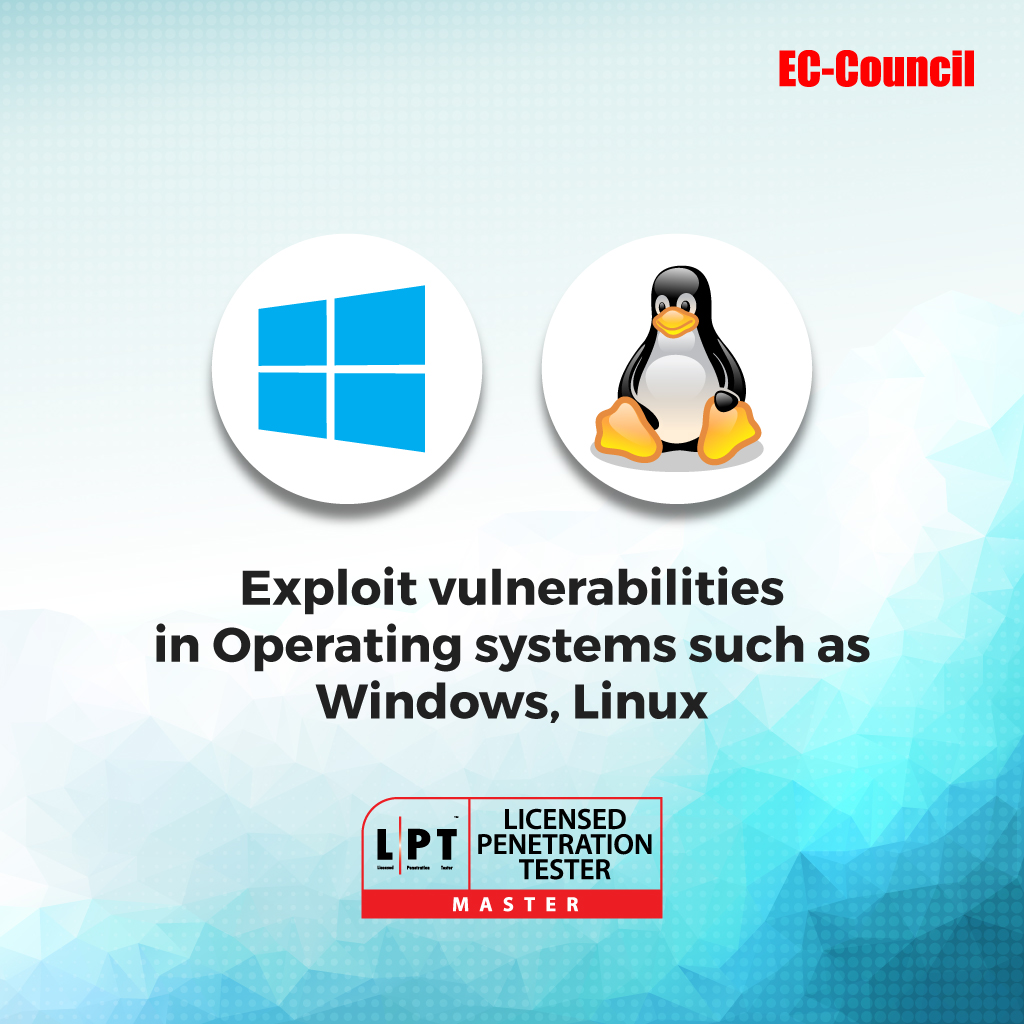
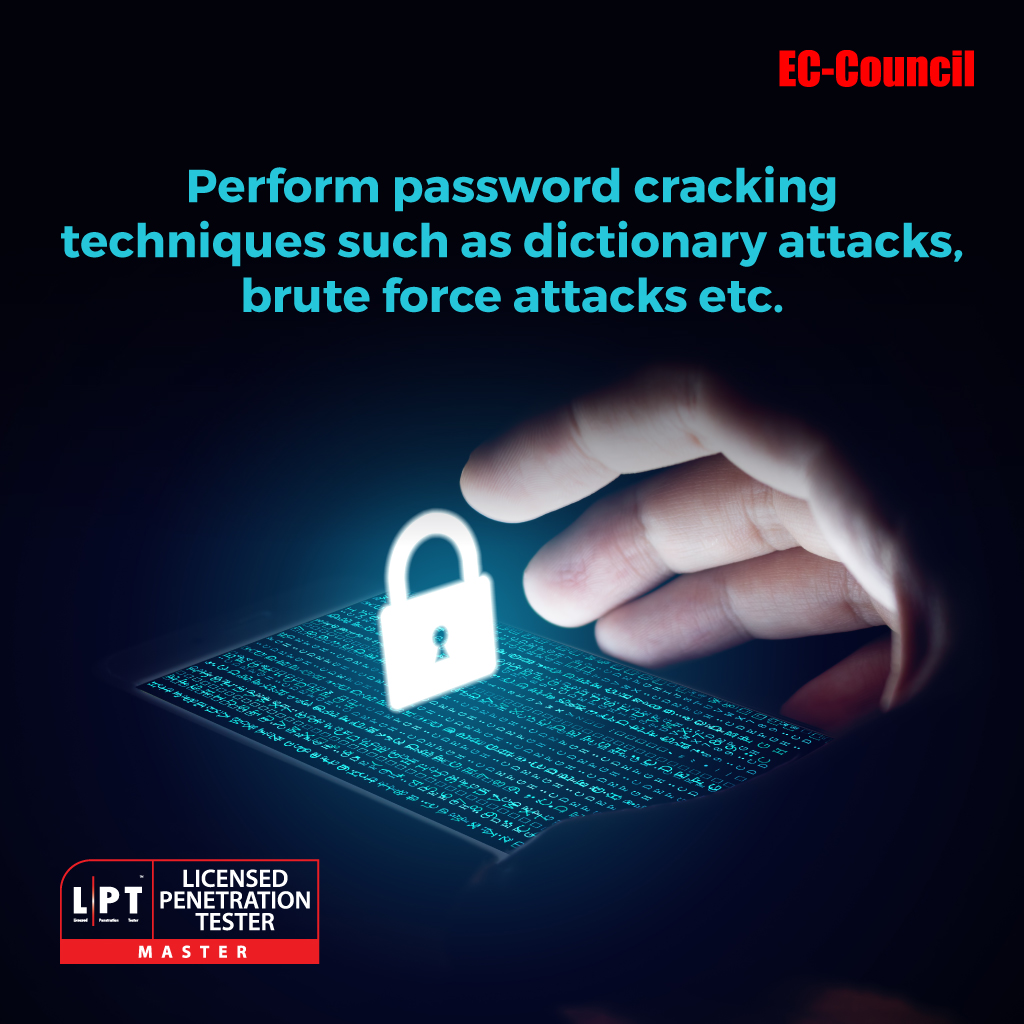
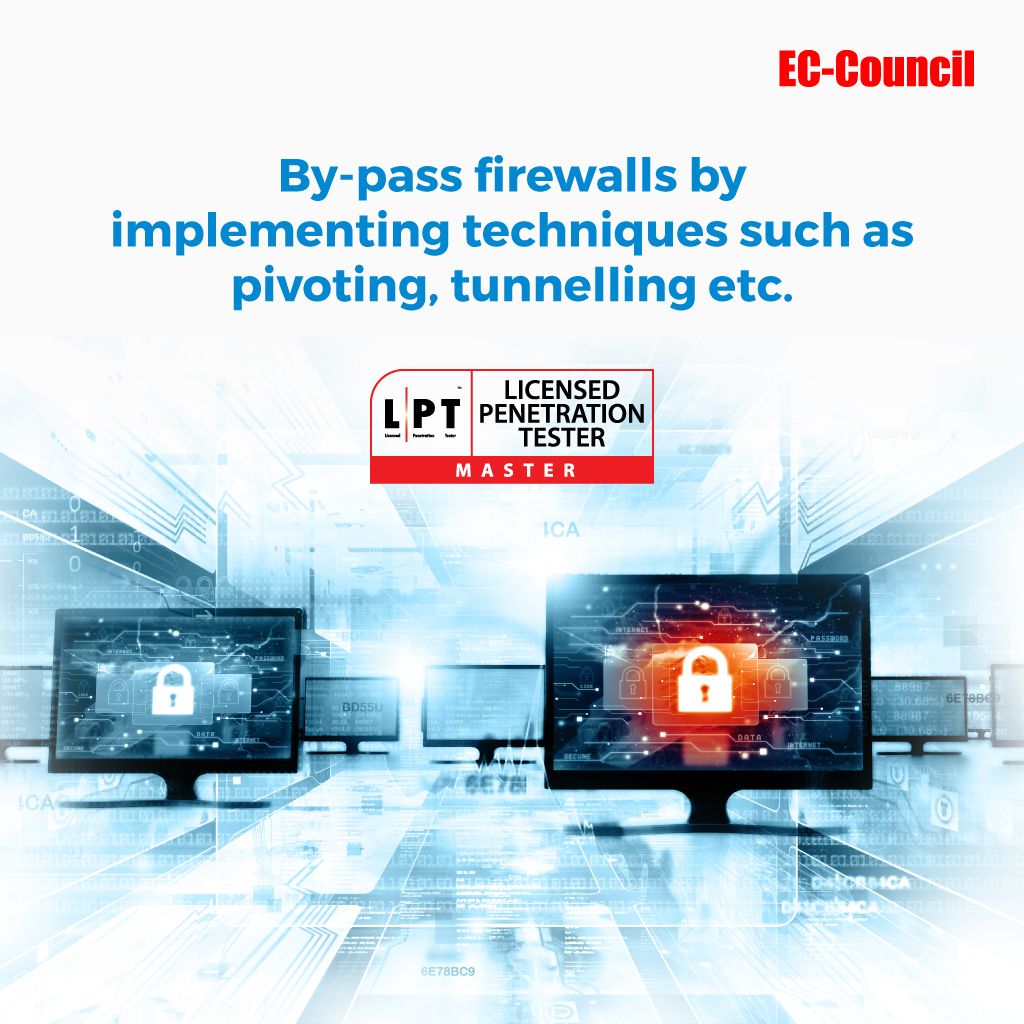
Our topics are presented through three different known EC-Council trainings:

Public class
12595$
Duration:
15 days / 105 hours
Private class
Virtual classroom
Minimum no. of participants: 5
15 days / 105 hours
Price on request
English or French
Training plan:
Course 1: Certified Network Defender (CNDv2) (CS6156)
The Certified Network Defender (CNDv2) course is a vendor-neutral, hands-on, instructor-led comprehensive network security certification training program. It is a skills-based, lab intensive program based on a job-task analysis and cybersecurity education framework by the National Initiative of Cybersecurity Education (NICE). The course has also been mapped to global job roles and to the Department of Defense (DoD) job roles for system/network administrators.
The program prepares network administrators on network security technologies and operations to attain Defense-in-Depth network security preparedness. It covers the protect, detect and respond approach to network security. The course contains hands-on labs, based on major network security tools and techniques which will provide network administrators real world expertise on current network security technologies and operations. The study-kit provides over 10 GB of network security best practices, assessments and protection tools. The kit also contains templates for various network policies and white papers for additional learning.
Module 01: Network Attacks and Defense Strategies
Module 02: Administrative Network Security
Module 03: Technical Network Security
Module 04: Network Perimeter Security
Module 05: Endpoint Security-Windows Systems
Module 06: Endpoint Security-Linux Systems
Module 07: Endpoint Security- Mobile Devices
Module 08: Endpoint Security-IoT Devices
Module 09: Administrative Application Security
Module 10: Data Security
Module 11: Enterprise Virtual Network Security
Module 12: Enterprise Cloud Network Security
Module 13: Enterprise Wireless Network Security
Module 14: Network Traffic Monitoring and Analysis
Module 15: Network Logs Monitoring and Analysis
Module 16: Incident Response and Forensic Investigation
Module 17: Business Continuity and Disaster Recovery
Module 18: Risk Anticipation with Risk Management
Module 19: Threat Assessment with Attack Surface Analysis
Module 20: Threat Prediction with Cyber Threat Intelligence
Course 2: Certified Ethical Hacker (CEHv12) (CS6154)
The Certified Ethical Hacker (CEH) credential is the most trusted ethical hacking certification and accomplishment recommended by employers globally. It is the most desired information security certification and represents one of the fastest-growing cyber credentials required by critical infrastructure and essential service providers. Since the introduction of CEH in 2003, it is recognized as a standard within the information security community. CEH v12 continues to introduce the latest hacking techniques and the most advanced hacking tools and exploits used by hackers and information security professionals today. The Five Phases of Ethical Hacking and the original core mission of CEH remain valid and relevant today: “To beat a hacker, you need to think like a hacker.”
CEH provides an in-depth understanding of ethical hacking phases, various attack vectors, and preventative countermeasures. It will teach you how hackers think and act maliciously so that you will be better positioned to set up your security infrastructure and defend future attacks. Understanding system weaknesses and vulnerabilities help organizations strengthen their system security controls to minimize the risk of an incident. CEH was built to incorporate a hands-on environment and systematic process across every ethical hacking domain and methodology, giving you the opportunity to work towards proving the required knowledge and skills needed to perform the job of an ethical hacker. You will be exposed to an entirely different posture towards the responsibilities and measures required to be secure.
Module 01: Introduction to Ethical Hacking
Module 02: Footprinting and Reconnaissance
Module 03: Scanning Networks
Module 04: Enumeration
Module 05: Vulnerability Analysis
Module 06: System Hacking
Module 07: Malware Threats
Module 08: Sniffing
Module 09: Social Engineering
Module 10: Denial-of-Service
Module 11: Session Hijacking
Module 12: Evading IDS, Firewalls, and Honeypots
Module 13: Hacking Web Servers
Module 14: Hacking Web Applications
Module 15: SQL Injection
Module 16: Hacking Wireless Networks
Module 17: Hacking Mobile Platforms
Module 18: IoT and OT Hacking
Module 19: Cloud Computing
Module 20: Cryptography
Course 3: Certified Penetration Tester Professional (CPENT) (CS6158)
EC-Council’s Certified Penetration Tester (CPENT) program teaches you how to perform an effective penetration test in an enterprise network environment that must be attacked, exploited, evaded, and defended. If you have only been working in flat networks, CPENT’s live practice range will teach you to take your skills to the next level by teaching you how to pen test IoT systems, OT systems, how to write your own exploits, build your own tools, conduct advanced binaries exploitation, double pivot to access hidden networks, and also customize scripts/exploits to get into the innermost segments of the network.
Module 01: Introduction to Penetration Testing
Module 02: Penetration Testing Scoping and Engagement
Module 03: Open Source Intelligence (OSINT)
Module 04: Social Engineering Penetration Testing
Module 05: Network Penetration Testing – External
Module 06: Network Penetration Testing– Internal
Module 07: Network Penetration Testing – Perimeter Devices
Module 08: Web Application Penetration Testing
Module 09: Wireless Penetration Testing
Module 10: IoT Penetration Testing
Module 11: OT/SCADA Penetration Testing
Module 12: Cloud Penetration Testing
Module 13: Binary Analysis and Exploitation
Module 14: Report Writing and Post Testing Actions
Exclusives:
- FREE attendance to the Cybersecurity Awareness for Users (CS8525) training for 20 participants from your organization - $1395 value!
- Three vouchers to take the exams online
- One year access to the class recording
- 180 days access to the lab environment after class
- One year subscription to the CodeRed platform containing thousands of cybersecurity videos
- Practice exam questions (CND and CEH)
- Course material accessible in electronic format
- Official EC-Council Certificate of Attendance
Prerequisites:
- Knowledge of the operation of client and server operating systems (file systems, permissions, Windows security, Linux, etc.).
- Basic knowledge of network protocols, for example TCP / IP.
- General notions of server roles and services present in a network.
Credentials information:
Exam Characteristics
- 3 blocks of 6 hours
- Practical exam with lab
- Proctored online
- Validity: 2 years
- Annual renewal fee: 250 US
Exam Description
- The exam will require you to demonstrate mastery of deploying advanced pen testing techniques and tools including multi-level pivoting, OS vulnerabilities exploits, SSH tunnelling, host-based application exploits, privilege escalation, web server and web application exploitation such as arbitrary local and remote file upload, SQL injection and parameter manipulation, etc – all in a real life scenario on hardened machines, networks, and applications.
- You will be facing the ticking clock and there’s no time to hesitate. There’s no time for second-guessing. Try either of these and be prepared to fail!
- And you must know that while you are racing against time, you will be under the watchful eyes of the EC-Council proctors who will be online and live! This added pressure will test your mental strength.
- Download all the exam details
Follow-on trainings:
Audiences:
Understanding LPT Master Bootcamp
The Licensed Penetration Tester (LPT) Master Bootcamp is an intensive training program designed for cybersecurity professionals seeking to elevate their penetration testing skills to the mastery level. Made by EC-Council and offered by Eccentrix, it is tailored for those who aspire to become elite penetration testers capable of simulating real-world cyber-attacks.
Curriculum Highlights
The LPT Master Bootcamp boasts a comprehensive curriculum that goes beyond the fundamentals of ethical hacking. Participants delve into advanced topics, including but not limited to network penetration testing, web application security, wireless network security, and much more. The program emphasizes a hands-on approach, ensuring that participants not only grasp theoretical concepts but also gain practical experience through simulated environments and real-world scenarios.
Key Domains Covered
- Advanced Network Penetration Testing: In-depth exploration of network infrastructure vulnerabilities and exploitation techniques.
- Web Application Security: Understanding and mitigating security risks associated with web applications, including common vulnerabilities and secure coding practices.
- Wireless Network Security: Techniques for securing and assessing the vulnerabilities of wireless networks.
- Post Exploitation Techniques: Advanced methodologies for maintaining access, pivoting, and evading detection after a successful penetration.
- Social Engineering: Exploring the psychology of human behavior to effectively exploit social engineering vulnerabilities.
Practical Application and Hands-On Labs
The hallmark of the LPT Master Bootcamp is its emphasis on practical application. Participants engage in hands-on labs, simulations, and immersive scenarios that mirror real-world challenges. This practical experience is invaluable, providing participants with the skills and confidence to tackle complex penetration testing engagements in diverse environments.
Importance of LPT Master Bootcamp
The LPT Master Bootcamp holds immense importance in the cybersecurity realm, serving as a benchmark for advanced penetration testing expertise. Organizations increasingly seek professionals with proven mastery in offensive security to identify and remediate vulnerabilities before malicious actors exploit them. The LPT Master certification is a testament to an individual's ability to perform thorough and sophisticated penetration tests.
Career Opportunities
Individuals who complete the LPT Master Bootcamp open doors to elite career opportunities in the cybersecurity domain. Roles such as Senior Penetration Tester, Security Consultant, and Cybersecurity Architect are common career paths for LPT Master certified professionals. The certification not only validates technical proficiency but also demonstrates a commitment to excellence in ethical hacking practices.
Conclusion
The Licensed Penetration Tester (LPT) Master Bootcamp stands as a pinnacle in the field of ethical hacking and penetration testing. With its advanced curriculum, hands-on labs, and emphasis on real-world application, the program equips cybersecurity professionals with the skills and knowledge needed to excel in the dynamic landscape of offensive security. For those aspiring to master the art of ethical hacking and penetration testing, the LPT Master Bootcamp is a transformative journey that opens doors to new heights in the world of cybersecurity.
Common Questions about Licensed Penetration Tester (LPT) (EC6171) (FAQ)
What is the average pentest salary?
The average penetration tester (pentest) salary can vary based on factors such as experience, location, and industry. On average, penetration testers can earn competitive salaries, with experienced professionals commanding higher compensation. Organizations often recognize the value of skilled penetration testers in identifying and addressing cybersecurity vulnerabilities.
What is LPT Master?
LPT Master refers to the Licensed Penetration Tester Master, a certification offered by the EC-Council. It is an advanced-level certification that signifies a high level of expertise in ethical hacking and penetration testing. The LPT Master certification is designed for cybersecurity professionals seeking to demonstrate mastery in offensive security techniques and strategies.
What is LPT training?
LPT training, or Licensed Penetration Tester training, is an educational program offered at Eccentrix and provided by the EC-Council. This training is designed to equip cybersecurity professionals with advanced skills in penetration testing. LPT training typically covers topics such as advanced network penetration testing, web application security, wireless network security, post-exploitation techniques, and social engineering.
What is LPT in cybersecurity?
In cybersecurity, LPT commonly stands for Licensed Penetration Tester. The LPT designation is associated with professionals who have undergone advanced training and certification in ethical hacking and penetration testing. LPTs possess in-depth knowledge and practical skills to identify and remediate vulnerabilities in networks, applications, and systems, contributing to overall cybersecurity resilience.
Contact us for more information on pricing::
Eccentrix
Office: 1-888-718-9732
E-mail: info@eccentrix.ca
130, King Street West, Suite 1800
Toronto, Ontario M5X 1E3
www.eccentrix.ca




